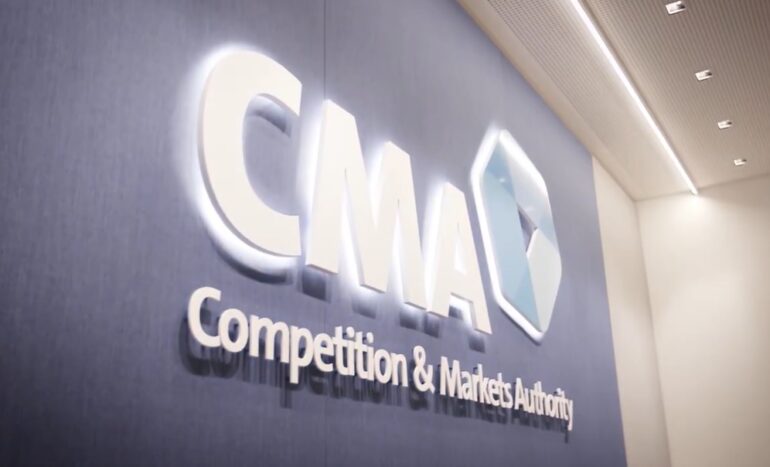- UK’s Competition and Markets Authority (CMA) investigates ties between tech giants Microsoft, Amazon, and AI startups Mistral, Anthropic, and Inflection.
- Focus on whether these alliances comply with merger regulations and impact competition in the UK market.
- FTC in the US also scrutinizes Big Tech’s AI investments for potential distortion of innovation and competition.
- Regulatory attention on “foundational models” is crucial for various AI applications.
- Stakeholder engagement is pivotal for the evidence-gathering process, recognizing transformative potential across sectors.
- Concerns raised over partnerships bolstering incumbent tech firms’ dominance.
- Microsoft’s collaboration with OpenAI is under CMA scrutiny.
- Heightened regulatory focus indicates ongoing governance concerns in AI partnerships.
Main AI News:
In the dynamic realm of artificial intelligence (AI) collaborations, the Competition and Markets Authority (CMA) of the United Kingdom is stepping into the spotlight with its recent investigations into the interconnected relationships between tech titans Microsoft and Amazon and three emerging AI startups: Mistral, Anthropic, and Inflection. Amidst growing concerns regarding the potential impact of these collaborations on competition within the UK market, the CMA’s inquiries seek to determine whether these alliances adhere to regulatory standards and foster a level playing field.
This scrutiny comes amidst a broader context of increased regulatory oversight over Big Tech’s activities in the AI sector. The Federal Trade Commission (FTC) in the US has initiated its own investigations into the investment strategies of major players like Alphabet, Amazon, and Microsoft. The focus is on whether these investments, often framed as partnerships, could undermine competition and innovation by consolidating power among dominant market players.
Additionally, the discussion around “foundational models” has gained traction on regulatory agendas worldwide. These models, serving as the basis for a wide array of AI applications, have become central to discussions on competition and innovation. The CMA’s Executive Director of Mergers, Joel Bamford, emphasizes the importance of stakeholder engagement in the evidence-gathering process, recognizing the transformative potential of these models across various sectors.
The UK government has expressed concerns about the potential for partnerships in the foundation model space to entrench the dominance of incumbent technology firms. While traditional mergers would face regulatory scrutiny, strategic alliances and investments may provide a loophole, allowing companies to wield considerable influence without attracting attention.
Microsoft’s collaboration with OpenAI, particularly its investment in ChatGPT, has drawn significant attention from regulators. The CMA’s scrutiny underscores the need for transparency and accountability in AI partnerships. As regulatory bodies worldwide intensify their focus on these issues, it is clear that the governance of AI collaborations will remain a key area of concern for the foreseeable future.
Conclusion:
The UK’s investigation into AI partnerships signals heightened regulatory scrutiny in the tech sector. With a focus on ensuring fair competition and innovation, regulatory bodies are closely monitoring alliances between tech giants and emerging startups. This underscores the need for transparency and accountability in AI collaborations, with implications for market dynamics and competitive landscapes. Companies operating in the AI space should be prepared for increased regulatory oversight and ensure compliance with merger regulations to mitigate potential risks.

